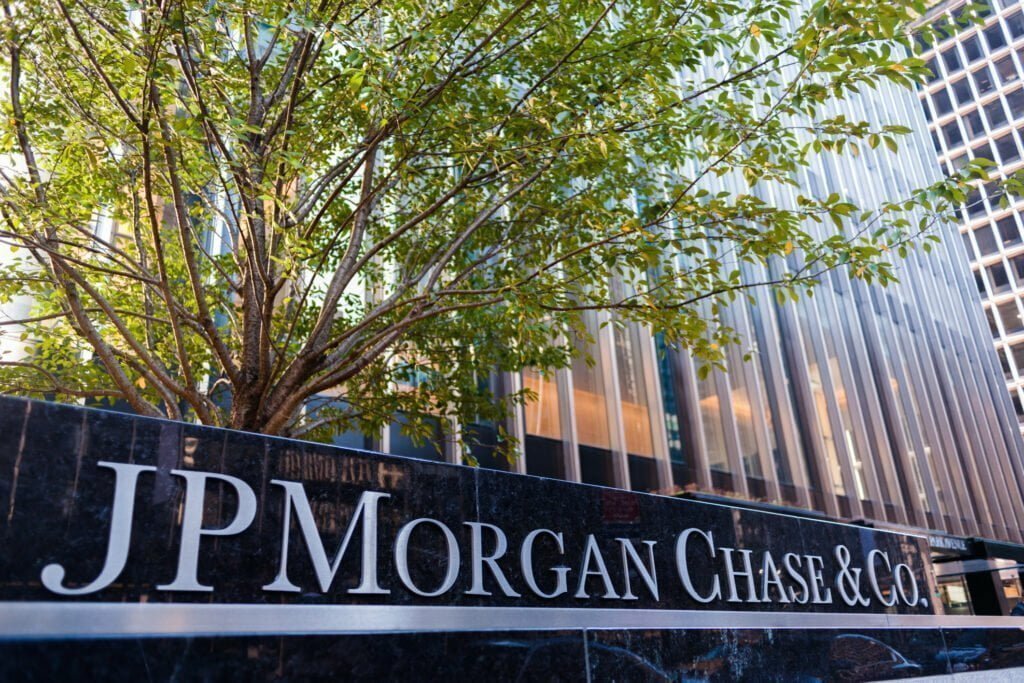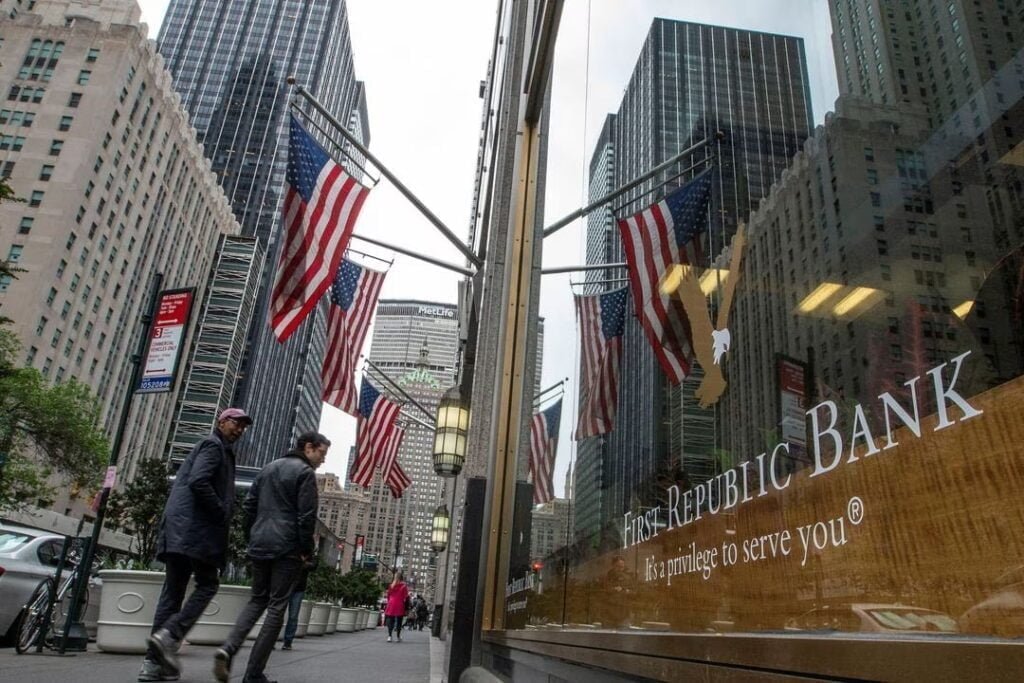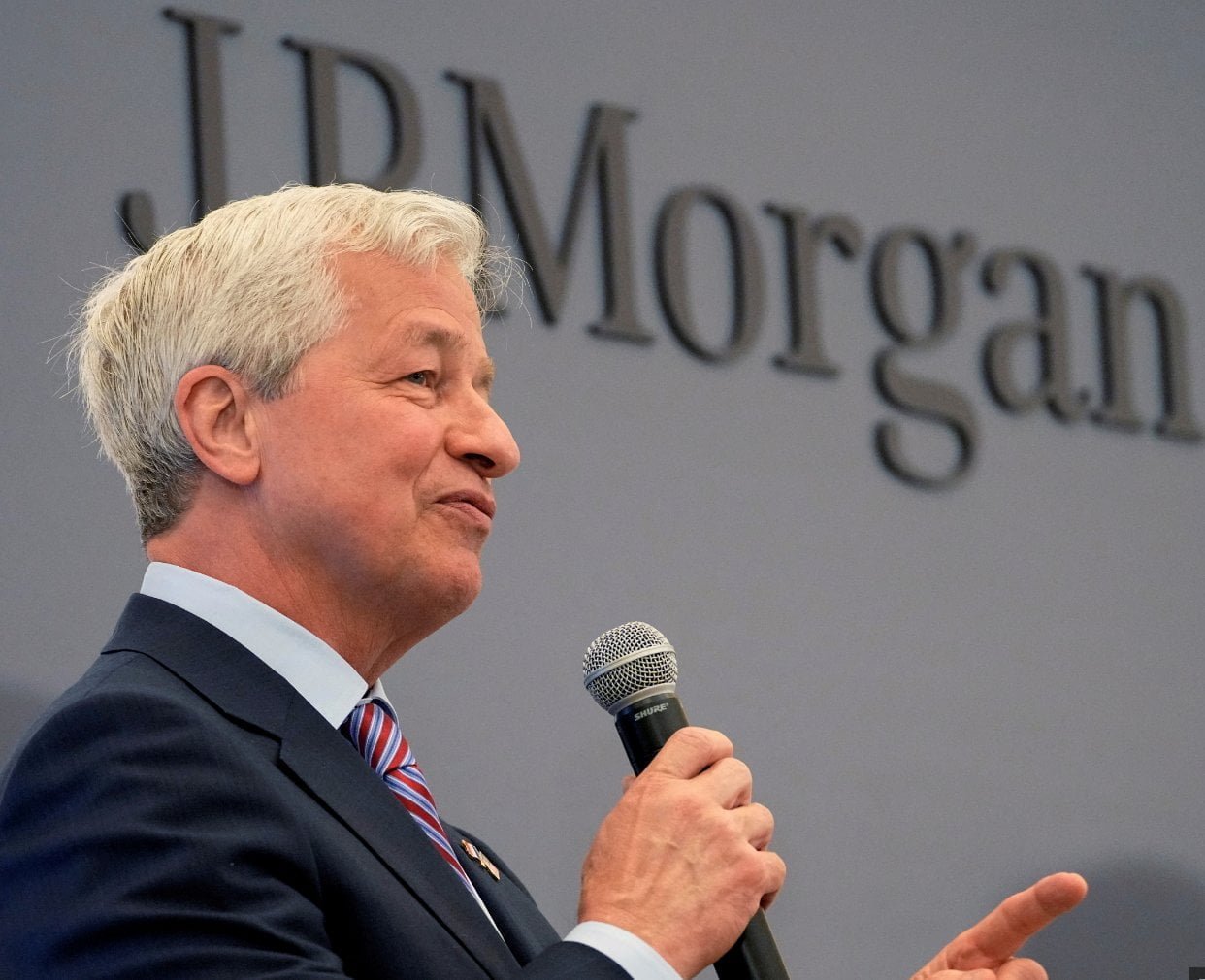JPMorgan Chase, one of the largest banks in the United States, declared it would acquire the deposits, a substantial amount of assets, and some liabilities of the failed First Republic Bank. The California Department of Financial Protection and Innovation had previously said that First Republic had been shut down and placed under the receivership of the Federal Deposit Insurance Corporation (FDIC). This marks the third time this year that the U.S. government has taken control of a financial institution.
The acquisition includes the “assumption of approximately $92 billion of deposits” and the “acquisition of the substantial majority of First Republic Bank’s assets, including approximately $173 billion of loans and approximately $30 billion of securities,” JPMorgan says in a statement. First Republic’s 84 branches are said will reopen on Monday under a new name, but will continue operations as usual.
JPMorgan Chase’s CEO Jamie Dimon highlighted that their bid for the acquisition was designed to minimize costs to the FDIC’s Deposit Insurance Fund.

The FDIC has estimated that this acquisition will result in a cost of around $13 billion to the fund. “Our government invited us and others to step up, and we did,” Dimon said. “This acquisition modestly benefits our company overall, it is accretive to shareholders, it helps further advance our wealth strategy, and it is complementary to our existing franchise.”
First Republic is the largest of the three U.S. banks to have failed this year. In March, federal regulators intervened to safeguard the customers of Silicon Valley Bank and Signature Bank, citing potential risks to the wider financial system. They took an unprecedented measure of insuring all deposits at the two banks, including those exceeding the FDIC’s $250,000 insurance threshold.
While depositors were protected, shareholders were not bailed out and suffered losses. The FDIC subsequently invited bids for the acquisition of the two banks after they were put under receivership. New York Community Bank’s subsidiary acquired most of Signature Bank, whereas First Citizens Bank purchased Silicon Valley Bank.
First Republic shares saw a significant decline last week.

Last Monday, First Republic’s financial struggles reached a critical juncture as the bank revealed a loss of $100 billion in deposits during the first quarter of the year. Due to the volatility of the bank’s shares, the New York Stock Exchange halted trading numerous times throughout the week. By Friday, First Republic’s shares had plummeted to $3.51, marking a year-to-date decline of over 97%.
Since its establishment in 1985, First Republic has primarily served affluent clients by providing home mortgages and commercial loans. Following the collapses of Silicon Valley Bank and Signature Bank, First Republic was placed under scrutiny. Despite receiving a $30 billion deposit from 11 of the largest U.S. banks, including JPMorgan, First Republic failed to regain customer confidence, leading to continued withdrawals of funds.
First Republic ran out of options
First Republic tried to sell itself but couldn’t find a buyer, so the government-led rescue became the only option. As regulators faced criticism over whether they could have done more to prevent the collapses of Silicon Valley Bank and Signature Bank, the FDIC intervened.
Last Friday, the Federal Reserve and the FDIC issued reports blaming the management for the failures of the two banks while acknowledging they could have exercised greater supervision. The FDIC will release another report on Monday, proposing changes to deposit insurance.
- Travel Hotel Manager Reveals Terrifying Reason You Should Never Use The Toiletries
- Brittney Griner To Miss Two WNBA Games To Focus On Mental Health
- Moment Cardi B Tosses Mic As Concertgoer Throws Drink At Her On Stage
- Messi Confirms He’s Going To MLS Club Inter Miami
- Prince Harry Says Rumors About James Hewitt As His Biological Father Is To Oust Him From The Royal

